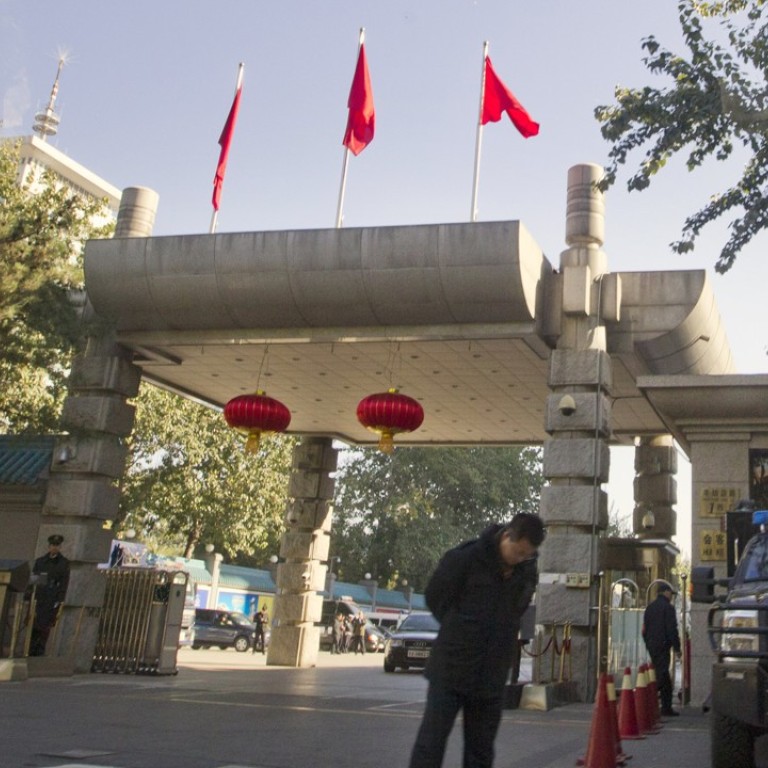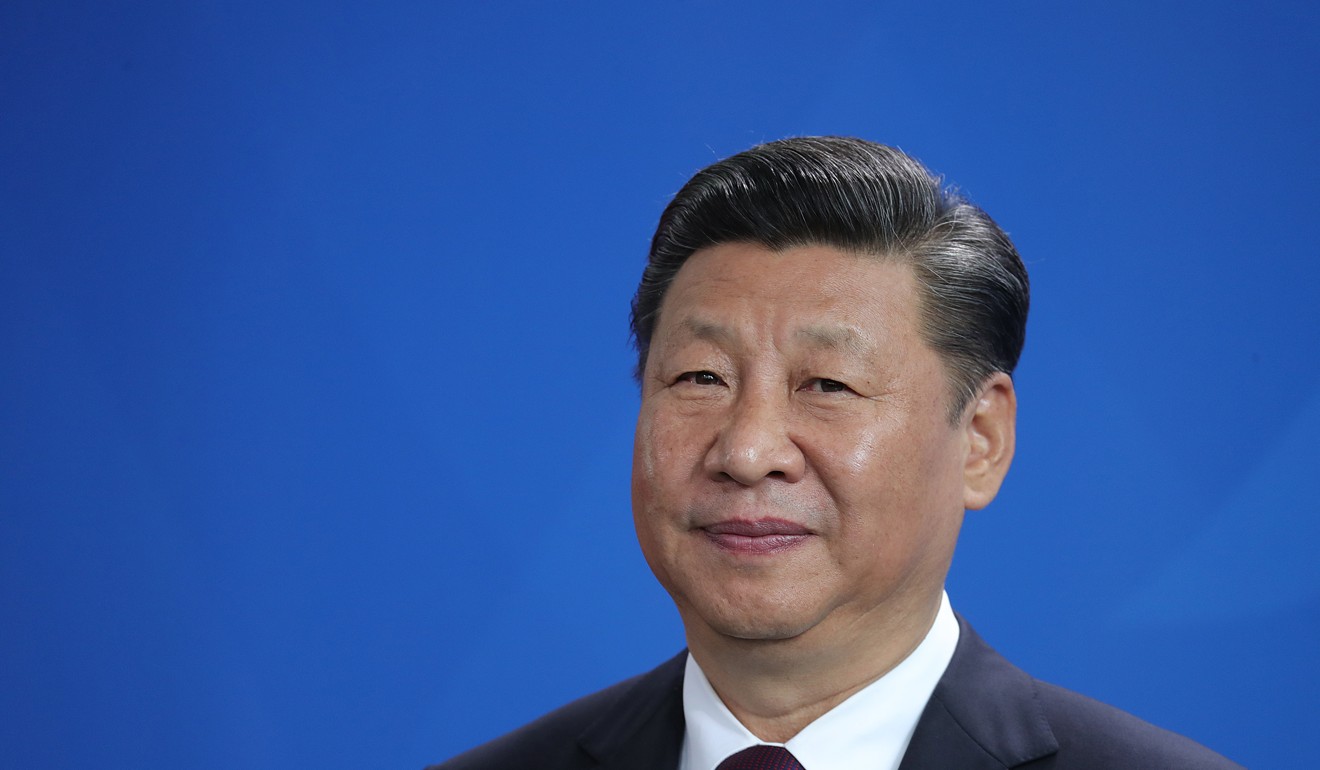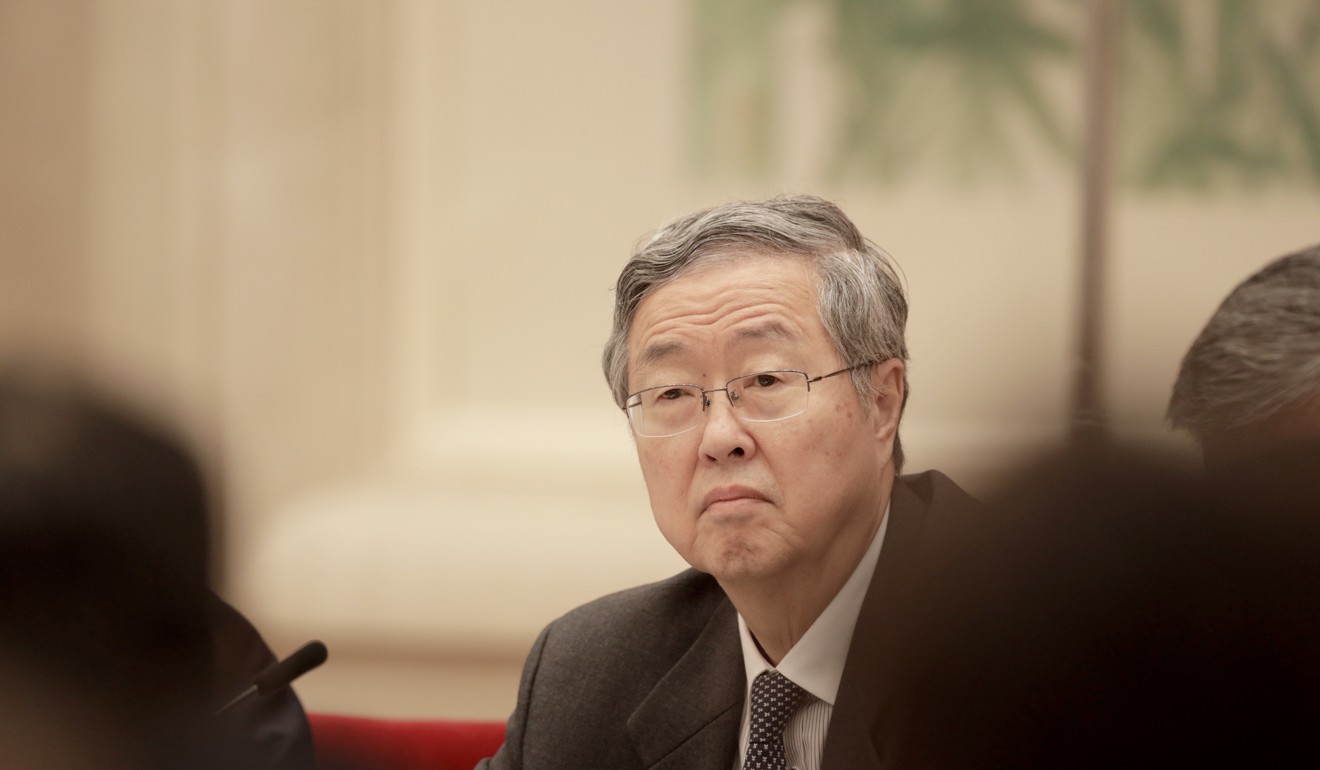
Five key facts about China’s economic conference
As the Communist Party’s leadership starts its annual economic work conference in Beijing, here are the main points to note
The annual economic work conference for the ruling Chinese Communist Party’s senior cadres is probably the single most important policy setting event for the country’s economy, even though the agenda and debates are often shrouded in secrecy.
Here are the key facts about the meeting, which started on Monday and is expected to conclude on Wednesday.
1. Why is this meeting important?
The Central Economic Work Conference is the first gathering of the party’s Central Committee after the 19th party congress that will seek to translate President Xi Jinping’s concepts of development into specific targets and feasible plans.
For instance, since Xi has played down the importance of a consistently high growth rate, policymakers may discuss whether China should lower its target for GDP growth next year or even abandon it altogether.
It also serves a platform to press ministries and local cadres to implement targets. It also offers an opportunity to name and shame specific provinces or ministries for failing to cut debt or excessive capacity.
2. Who will attend?
The conference, in theory, will be attended by all 204 members of the Communist Party’s Central Committee and 172 alternative members as well as a selected list of invited delegates.
For instance, Zhou Xiaochuan, China’s central bank governor for the last 15 years, is no longer a member of the committee, but he is likely to attend.
The hundreds of provincial leaders, economic planners, financial regulators as well as executives from big state firms and banks will decide how to steer forward the US$12 trillion economy.

3. How are decisions made and how will this translate into specific policies?
Since taking power five years ago, Xi has greatly enhanced his grip over economic policy, turning the State Council, the cabinet, into an implementation agency. Major decisions are increasingly made by the Central Leading Group of Financial and Economic Affairs, headed by Xi himself.
The central economic work conference will ensure detailed policies and assignments are delivered to the relevant ministries and provinces for enforcement. Each ministry and province will hold its own annual conference to further break down economic tasks.

4. When will the conclusions from the meeting become public?
The topics under discussion and what is said during the meeting are kept secret, but when it ends a brief communique will be made public through the state media.
For instance, while the looming threats from Donald Trump to label China as a strategic competitor is expected to be discussed, the final published statement is unlikely to mention Trump.
China’s key economic targets for 2018 will be disclosed during the annual parliamentary session next March as part of the government work report.
However, an edited version of Xi’s speech to the event may be published later. Some of the remarks he made at last year’s events were published in a book of Xi’s comments on economic policy.
5. Where it will be held?
The Jingxi Hotel.
The hotel is run by the Chinese military and does not allow walk-in customers.

